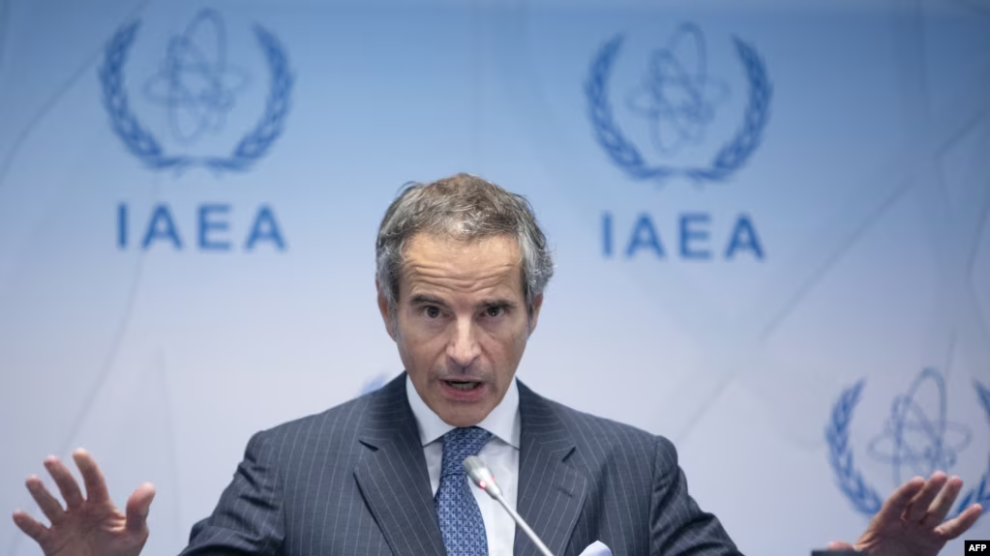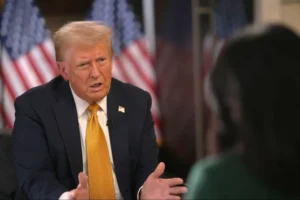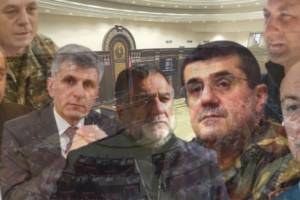The head of the UN nuclear watchdog said Monday that he was concerned the international community was not interested in holding Iran accountable for the progress of its nuclear program.
The comments came following an easing of tensions between Iran and the United States, which announced a prisoner swap last month.
Last week, the International Atomic Energy Agency (IAEA) said in a confidential report seen by the AFP news agency that Iran had “made no progress” on several unresolved nuclear issues.
This included reinstalling IAEA monitoring cameras that Iran had removed from its nuclear facilities and explaining the presence of uranium particles found.
IAEA Director General Rafael Grossi said Monday that he had seen a “decline in interest” from IAEA member states, without naming them.
“There is a certain routine regarding what happens there (Iran). “I am concerned about this because the issues are as valid today as they have ever been,” he told reporters on the first day of the IAEA supervisory board meeting in Vienna, Austria.
Diplomatic sources said the United States and the E3 group: France, Germany and Britain – had no plans this week to criticize Iran over the Middle Eastern country’s lack of cooperation with the IAEA.
Instead, at the behest of the United States, they will submit a joint declaration to the IAEA board meeting, which is expected to receive broad support, one source told AFP .
Last month, Iran said it had reached a prisoner swap deal with the United States, including the release of five US citizens held in Tehran and several Iranians held in the US.
Grossi realizes “there are many pressing issues on the international agenda. But, he said, it is important to continue to support the work of the IAEA.”
In 2015, world powers reached a deal with Iran, saying it would curb its nuclear program in exchange for relief from crippling economic sanctions on the country.
The deal began to fall apart in 2018 when then-President of the United States, Donald Trump, unilaterally withdrew from the agreement and reimposed sanctions.
Iran then stepped up its nuclear program in response to the US withdrawal from the agreement.
Efforts to revive the agreement have so far been unsuccessful. Iran has always denied any ambition to build nuclear weapons, and insists that its activities are entirely for peaceful purposes.
Source : VOA





